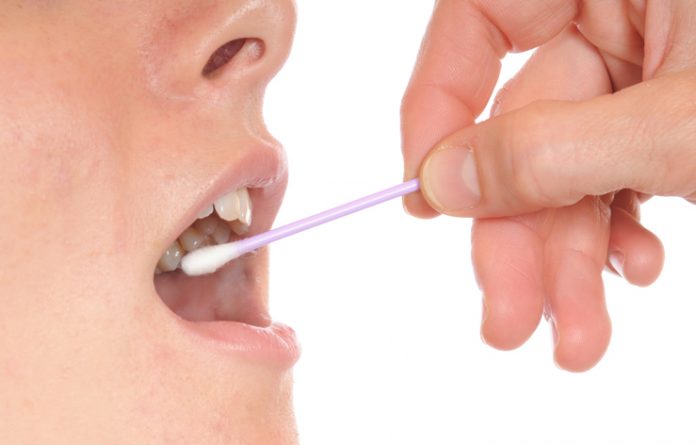
The FDA has announced it will allow the marketing of a direct-to-consumer (DTC) genetic risk report by testing company 23andMe. The 23andMe Personal Genome Service genetic health risk (GHR) kit tests for 10 diseases or conditions including late-onset Alzheimer’s disease, Parkinson’s disease, celiac disease, and hereditary thrombophilia, among others.
The tests are the first DTC authorized by the FDA that provide information on an individual’s genetic predisposition to diseases or medical conditions.
“This is an important moment for people who want to know their genetic health risks and be more proactive about their health,” said Anne Wojcicki, 23andMe CEO and co-founder in a prepared statement. “The FDA has embraced innovation and has empowered individuals by authorizing direct access to this information. It is a significant step forward for 23andMe and for the adoption of personal genetics.”
According to information provided by the FDA, it reviewed data from 23andMe via the de novo premarket review pathway, the agency’s regulatory pathway for low- and moderate-risk devices that are not substantially equivalent to already legally approved and marketed devices.
Via this authorization “consumers can now have direct access to certain genetic risk information,” noted Jeffrey Shuren, M.D., director of the FDA’s Center for Devices and Radiological Health. “But it is important that people understand that genetic risk is just one piece of the bigger puzzle, it does not mean they will or won’t ultimately develop a disease.”
In conjunction with the new marketing authorization, the FDA is establishing what it calls “special controls” intended to clarify its expectations regarding the tests’ accuracy, reliability, and clinical relevance. The agency noted that these along with general controls are intended to provide “reasonable assurance of safety and effectiveness for these and similar GHR tests.”
With this first approval, the agency has effectively established a streamlined approval pathway by exempting additional 23andMe GHR tests from premarket review, and may also exempt other GHR test-makers after they have presented their initial premarket notification.
“The special controls describe the testing that 23andMe conducted to demonstrate the performance of these tests and clarify agency expectations for developers of other GHRs,” said Dr. Shuren. “By establishing special controls and, eventually, a premarket review exemption, the FDA can provide a streamlined, flexible approach for tests using similar technologies to enter the market while the agency continues to help ensure that they provide accurate and reproducible results.”
The 23andMe Personal Genome Service GHRs use a saliva sample to test for more than 500,000 genetic variants. The first ten diseases or conditions tested are: Parkinson’s disease, late-onset Alzheimer’s disease, Celiac disease, Alpha-1 antitrypsin deficiency, early-onset primary dystonia, factor XI deficiency, Gaucher disease type 1, Glucose-6-Phosphate Dehydrogenase deficiency, hereditary hemochromatosis, and hereditary thrombophilia.











